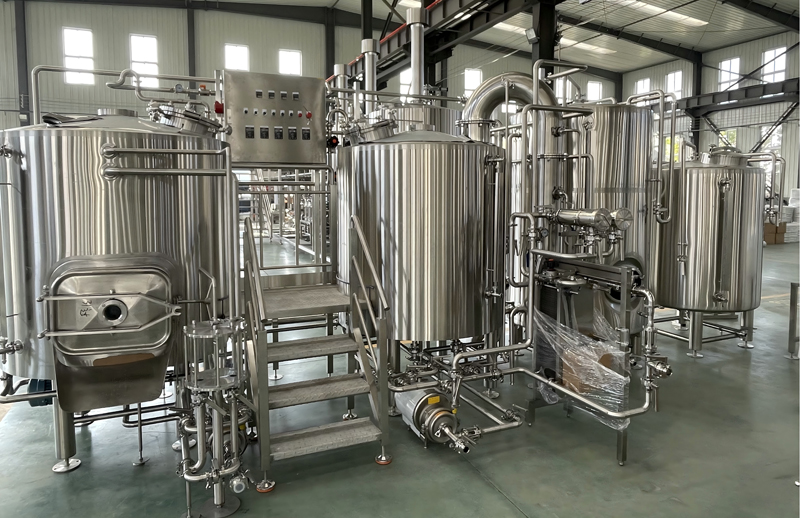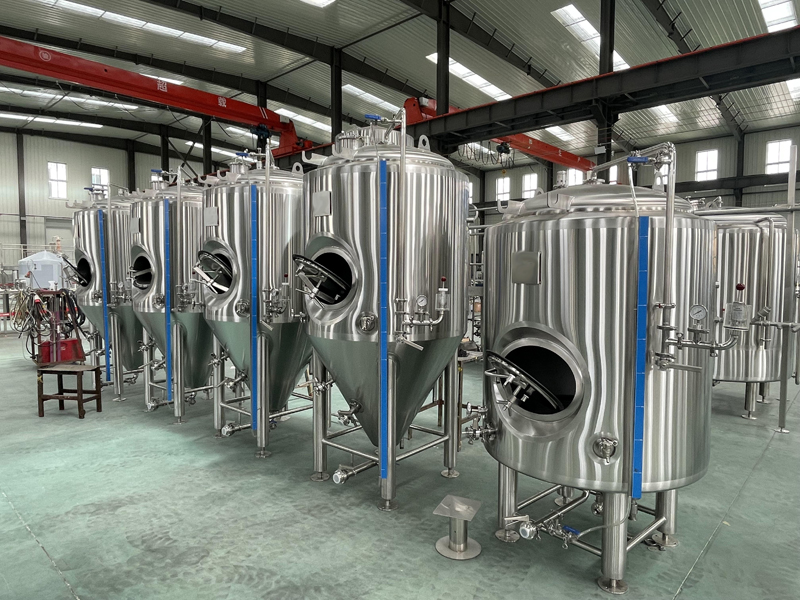I. Important Safety Points While Adding Ingredients in Beer Brewing
1.Sanitization: Ensure all equipment and tools are properly sanitized to prevent contamination.
2.Temperature Control: Maintain the correct temperature for mashing, boiling, and fermentation to avoid undesirable flavors or spoilage.
3.Proper Ventilation: Ensure good ventilation to avoid buildup of harmful gases, especially CO2.
4.Protective Gear: Wear protective gear like gloves and safety goggles when handling chemicals or hot liquids.
5.Accurate Measurements: Use precise measurements for ingredients to maintain consistency and quality.
6.Storage: Store ingredients in a cool, dry place to prevent spoilage or contamination.
7.Labeling: Clearly label all containers to avoid mix-ups and ensure correct usage.
8.Handling Hot Liquids: Use caution when dealing with hot liquids to avoid burns and spills.
9.Pressure Management: Ensure proper pressure management in fermentation tanks to avoid explosions or leaks.
10.First Aid: Have a first aid kit readily available in case of accidents.
II. Why Yeast is Called the Backbone of Beers:
1.Fermentation Process: Yeast is responsible for fermenting the sugars present in the wort, producing alcohol and CO2.
2.Flavor Contribution: Different yeast strains contribute unique flavors and aromas to the beer, significantly impacting its final taste profile.
3.Beer Styles: Yeast selection is crucial in defining beer styles, such as ales, lagers, and specialty beers.
4.Consistency: Using the same yeast strain ensures consistency in the flavor and quality of the beer batch after batch.
5.Aroma Development: Yeast produces esters and phenols during fermentation, which contribute to the beer’s aroma and complexity.
6.Alcohol Production: The primary role of yeast is to convert fermentable sugars into alcohol, making it essential for beer production.
7.CO2 Production: Yeast generates carbon dioxide during fermentation, which is important for the beer’s carbonation.
Yeast is often called the backbone of beers because it plays a fundamental role in transforming wort into beer, influencing not only the alcohol content but also the taste, aroma, and overall character of the final product.
Post time: Jan-18-2025



